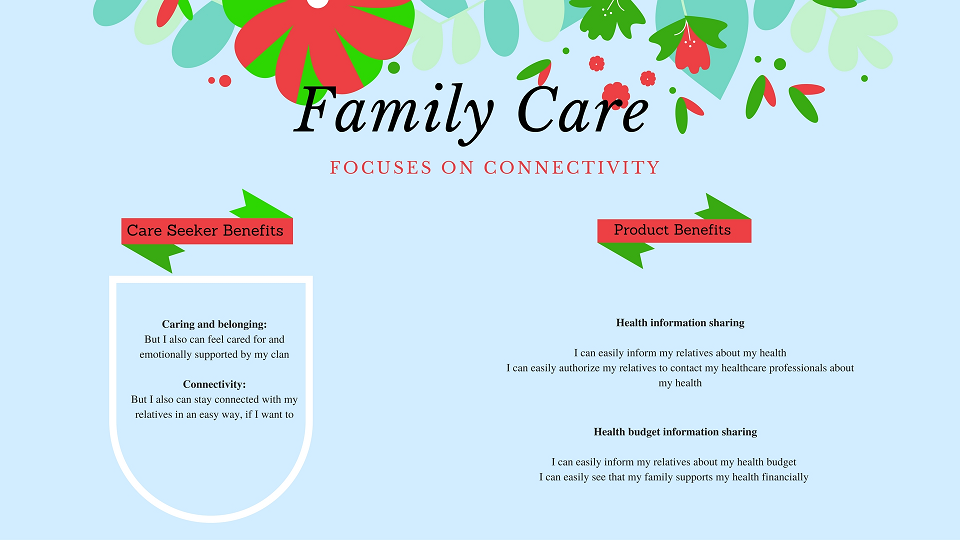Patricia Monthe
I love making changes in our society. Born and raised in Cameroon and lucky enough to get an education and professional experience here, I now want to bridge both worlds with this platform. Health is a necessity of life and helps people in developing countries to unlock their full potential.’
Patricia Monthe “Ce n’est qu’avec la rigueur d’implémentation que dans beaucoup de pays, les chefs d’entreprise se démarquent”
On a rencontré Patricia Monthe la fondatrice de MEDX eHealthCenter , l’hôpital 2.0 pour les pays en développement comme le Cameroun. Entretien !
Patricia Monthe, au-delà de l’excellence : l’engagement entrepreneurial au service de la santé pour tous
Elle brille par son talent, son altruisme et l’amour qu’elle porte à l’humanité est formidable. Femme intelligente, habitée par l’ambition et galvanisée par le travail et la recherche de l’excellence,
Role et contraintes du secteur prive dans l'accès aux services de santé en Afrique - May 2017
L'afrique des idees et l'intervention de medx.care sur L'eSante en Afrique
Digital Hospital- Online and mobile health platform
One of the global issues we are faced with is the lack of healthcare providers (doctors, nurses, and hospitals), as well as the inefficient system of institutions and government to provide basic healthcare to remote parts of the earth.
MEDxCare – Improving the Quality of Hospitals in Africa - March 2017
MEDxCARE is the first Digital Hospital offering CASH2HEALTH services to help save the lives of Africans across Africa. With the main focus on cross referencing technology and healthcare, the company provides a one-stop-shop covering wide variety of healthcare services.
Medx.care launches to connect patients to healthcare providers in Africa - February 2017
Speaking to TechMoran, Patricia Monthe said the platform is an end-to-end, one-stop-shop covering a wide variety of healthcare services ( from self-care to primary, secondary and tertiary care in a box).
Introducing MEDx.care in Pidgin. - February 2017
MEDx.Care as a Digital Hospital for emerging countries - Pidgin
Patient 2.0 and the digital community health workers by MEDx.Care - January 2017
The MEDx eHealthCenter is a global IT SAAS (Software As A Service) solution, focusing on different levels of care, from self-care management to primary care, secondary care and tertiary care management.
Education Through VR - January 2017
So much can be done nowadays for educating care providers from their practices. Our engagement Lead is testing some cool VR solutions.
Partnering with MMC Innovation center. - December 2016
Visit us anytime you are around from January 2017
Newsletter Issue 05:Healthy Eating is Healthy Body - September 2016 by Dr.Ikpe Kelechi
Staying healthy means maintaining the balance in our daily activities and the enjoyment one could have in life.
Affordable And Accessible Care For All ‘MedX Care’ - September 2016(frienditegossip)
This is what MedX Care has to say;
MEDX eHealthCenter : l’hôpital 2.0 pour les pays en développement - September 2016(http://www.auletch.com/)
La plateforme MEDX eHealthCenter est un espace conçu pour l’élaboration d’une solution digitale qui mettrait les soins de santé à la portée du plus grand nombre. Une opportunité à saisir pour les pays en développement. La camerounaise Patricia Monthe en est la fondatrice.
Newsletter Issue 04:European Health Parliament Viewed by Those Under 40 - July 2016
For the last few years,the European Union(EU) commission has figured out that involving those under 40 into critical topics,they could have recommendations and even solutions from different perspectives and generations.
Newsletter Issue 03:Get closer to "Non-communicable disease" - June 2016
ZIKA virus is not the reason to postpone Olympics.
How Digital Health is Being Successfully Used in Developing Countries - 20th May 2016 by Michael Rucker(PhD, MBA)
There are more cellphones on the planet than there are toilets or toothbrushes. Most of the world population now has access to a mobile phone and a mobile signal. Although technology is far from a panacea, there has never before been more potential for building personal connections and using new technologies in a purposeful way that can increase the quality of life for everyone. In countries where access to health care is difficult and infrastructure is poor, "mHealth" can play an important role in bridging the divide between the developed and developing world.
MEDx eHealthCenter Introduces New Way of Paying Medical Bills - 10th May 2016 (Africa Business Communities)
MEDx eHealthCenter, a digital multi services in healthcare, has launched the latest innovation on how to have your medical bills paid. The new method is in a form of account balance you have as a credit charged periodically or fully by your relatives within and/or outside the country.
Newsletter Issue 02:e-Health for e-Governace:Estonia To Be The First! - May 2016
Medical online platforms should be optimized to make healthcare system in the developing countries easier,faster,cheaper, patient-centered and more accessible.
Our first eMAg edition and more to come- 25th April 2016
Don't wait to download your copy freely and stay connected by following.
The Hospital of the Future is on Your Phone- 9th April 2016 by Jacques Kpodonu,MD(cardiac surgeon ,published author,healthcare visionary)
Health is both the most basic and the most precious asset for us as human beings, because it greatly influences our life quality and in the darkest hours, it may even become a question of life or death. For these reasons, access to healthcare should be one of our most basic pre-requisites for a happy life.
L'hôpital numérique est un guichet unique pour tous les services de soins axés sur la gestion auto-soins et l'e-Sante primaire, secondaire et tertiaire - March 2016(Africa24Monde)
Interview - February 2016(Africa Business Communities)
MEDx Care is an institution dedicated to making accessible good healthcare to those that need it, and in an affordable manner. Health is both the most basic and the most precious asset for us as human beings; access to healthcare should be one of our most basic pre-requisites for a happy life. 36 million people still directly or indirectly die every year due to inaccessible or inadequate or unaffordability of healthcare with the biggest burden being in emerging countries. Additionally, 100 million tourists and expatriates are also living in the growth markets and cannot always easily get access to adapted healthcare. WE CAN NOT AFFORD NOT TO CARE ANYMORE.
Our solution to the Individual and Public Health challenges is leveraging a unique feature deeply rooted in the nature and in the DNA of human beings: INTERDEPENDENCE.
Holistic View of the Challenges of Healthcare in Africa - November 2015(AHIT)
Discussions about the state of healthcare in Africa have sustained attention of actors in the private and public institutions, as well as expats and foreign investors that have all had at least one thing to say on the subject.What makes the subject so important? Perhaps the great potential assigned to the continent, as the fastest billion. However, one cannot neglect the socio economic impact of the continents failures, in matters of healthcare on other continents socio-political affairs. The case of Ebola, provides an excellent example.
Should Kenya invest in Digital Health? - November 2015(AHIT)
In the last couple of decades, Kenya has contemplated various healthcare programmes and has struggled to find an efficient programme, suitable for its growing population, and high degree of urbanisation. According to data from the WHO (2014), Kenya has a total population of 43178 thousand in 2012, but only 0.181 physicians per 1000 people, and 0.792 nurses and midwives per 1000. There is limited national statistical data available to the public and depending on sources, differing statistics can be found on the life expectancy and mortality rates, but there seems to be a consensus in the belief that the life expectancy remains relatively low, and although there is some improvement in the infant and under-5 mortality, it remains higher than the desired level. There is also great concern regarding the maternal and neonatal mortality, which has not improved significantly over the years (Muga et. al., 2005, WHO, 2014). Communicable disease also remain a significant problem for the Kenyan healthcare, with Malaria claiming the most lives outside of the hospitals, and is closely followed by HIV/AIDS (Muga et. al., 2005; WHO, 2014). Other infections such as those of the respiratory system, the skin and gastrointestinal organs still people of all ages, (Muga et. al., 2005; WHO, 2014), as well as the re-emergence of the certain conditions such as polio become an increasingly pertinent problem, which may be the result of an observed decrease in Immunization rates compared to the several decades ago (Muga et. al., 2005).
L'espace digital MEDx eHealthCenter facilite l’accès aux soins médicaux en tout temps et lieu - May 2015(AfroTechMag)
zuru ụwa Nzipụta na Ihe ṅweta nke eche Banyere egbo mkpa
oke ọrụ na-enye bu enye Ọgwụ na Ahụ site na aka ndi ọkachamara dị iche iche na ike ha profaịlụ anya ka ọtụtụ nde eche Banyere achọ na / ma ọ bụ Ndị Njem.
o di mkpa ka ndi na elekota maka ahụike bu ndi okachamara ka ha kee oge ha oge ha,ụgwọ ha,na ebe haka o di n'ihi na ndi elekota choro ka ha nwe aru.
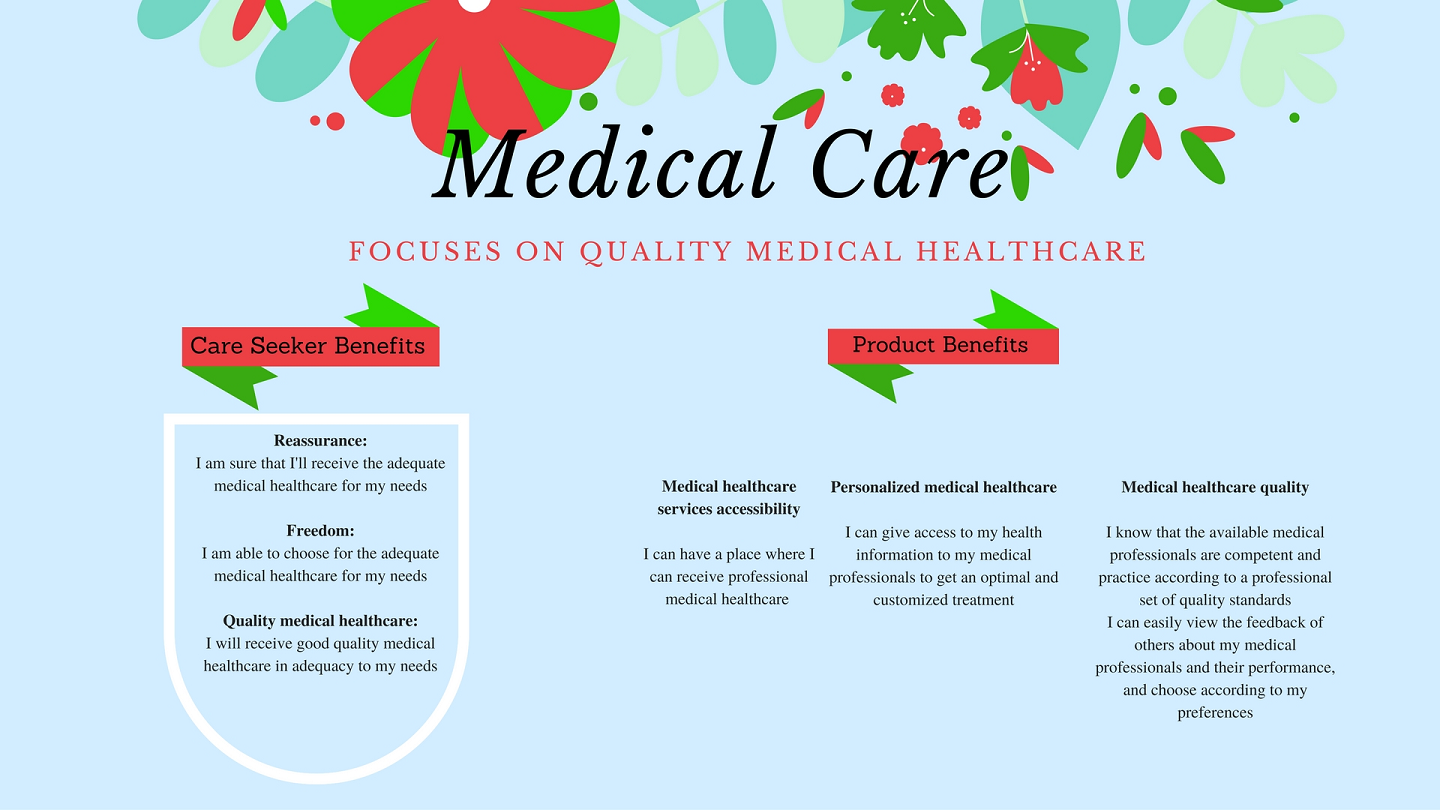
Nlekọta ego
Na mfe usoro MEDx nwere, ọ bụ omume ugbu a maka mmadụ nile na-eme na ahụike nkwado dị otú ahụ dị ka:
This service enables users to:
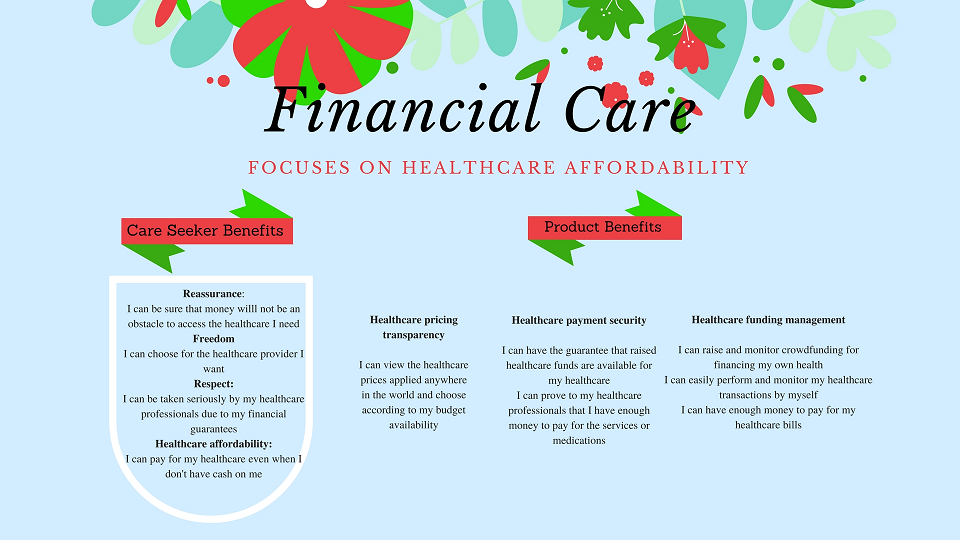
eche Banyere mgbanwe mmuta
na a arụmọrụ, anyi na akpọ di elekota maka ahụike bu ndi okachamara ha na ndi na elekota ndi na achọ ahụ mahụ n'ime edide, nchọnchọ, na uche na mmeeme .
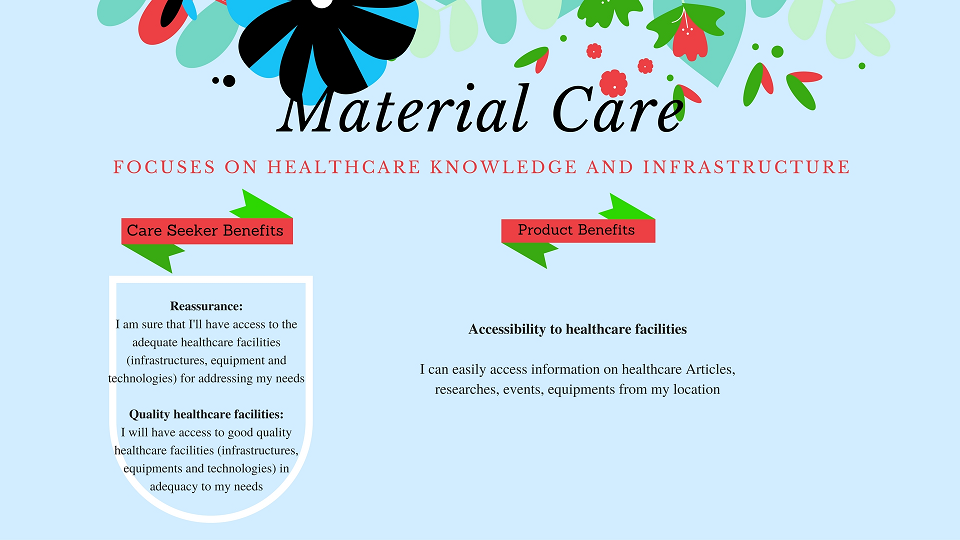
Njikwa onwe onye
onye ọ bụla nwere ike irio ozuruuwa ma ọ bụ ebe ụlo okachemara ụgwọ na ahụ ike maka njuta, nke abụọ sochie ka i nwere choputa ụgwọ edenyere gi .
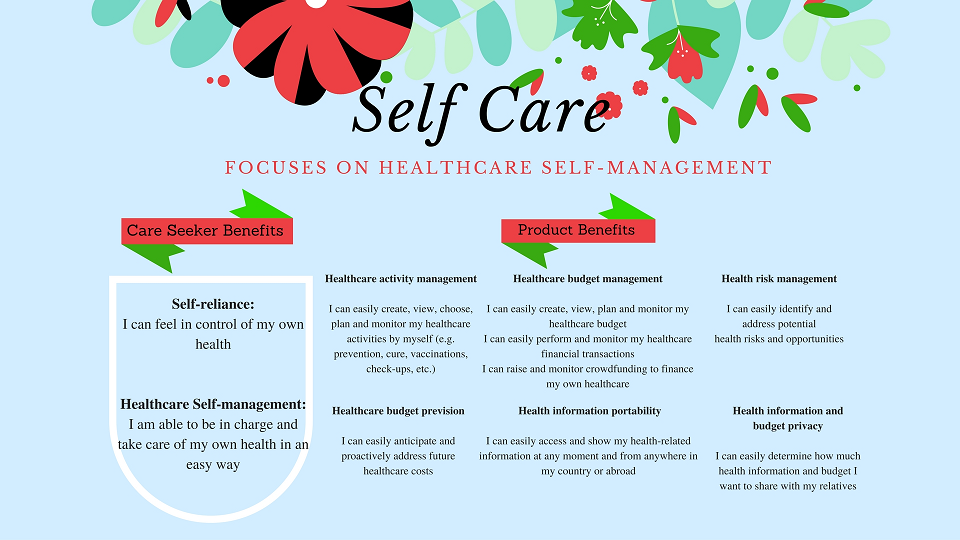
Nlekọta Nlekọta Ezinụlọ
MEDx kwere na oyiri ahụike ịbụ ịbụ kemgbe ọgbọ.ya mere,anyi anaputa odiniihu ha anyi nke inye anyi ndade ka anyi jikwaa profaịlụ nke ezinụlọ n'uzo di arii.
